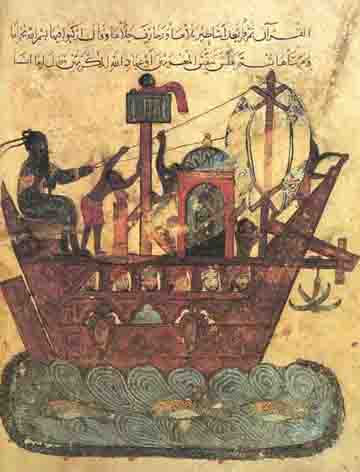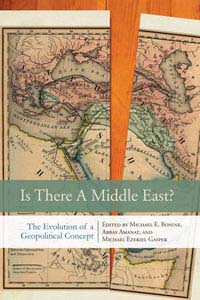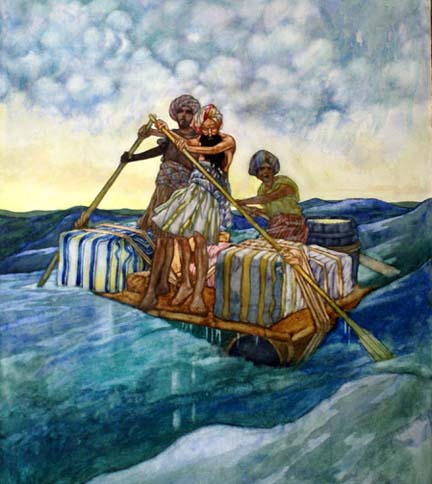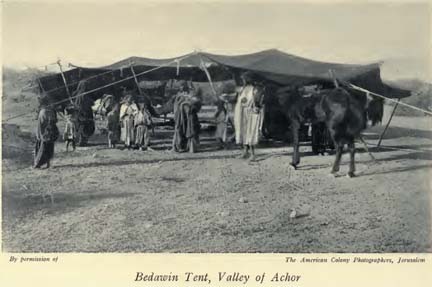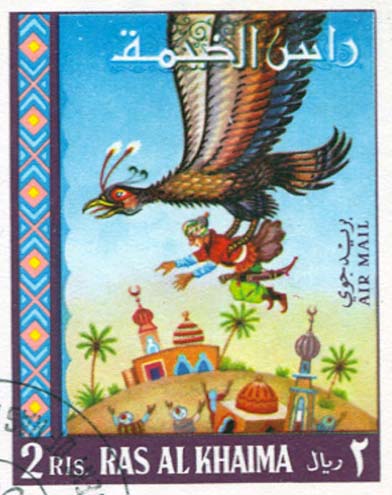
The French savant and satirist Charles-Louis de Secondat, better known as Baron Montesquieu penned his Lettres Persanes in 1721, almost three centuries ago. This was long before the age of computers or the idea that eventually germinated in the head of Steve Jobs and blossomed into the Mac (and I do not mean the big kind you eat). I suspect that Montesquieu wrote by candle light with a quill for a pen, but he would have been delighted to type away on a Macbook, especially since it comes prepackaged with both a French keyboard and a Persian font. But, alas, poor Usbek and Rica would not be able to board an Air France flight to New York, connect to Atlanta and then walk into an Apple Store and buy a much smaller Air than the one they flew from Charles de Gaulle.
Shocking, is it not. But as Jamal Abdi writes in today’s New York Times, how to be a Persian has taken on new meaning in our globally-fixated-on-terrorism age:
Last month, Sahar Sabet, a 19-year-old Iranian-American woman, was improperly prevented from buying an iPad at an Apple store in Alpharetta, Ga. After she had gone over the various options with two Apple sales clerks, a third clerk, who had overheard Ms. Sabet speaking Persian to her uncle, intervened. He asked what language they were speaking and, when he found out it was the language of Iran, he said she could not buy anything because “our countries do not have good relations†— never mind that she intended to give it to her sister in North Carolina.
Of course, Montesquieu himself could walk into Le Apple Store in Paris and come out high on his own Airs. So I can only wonder what he might have added in the new updated version of Le emails persane. Perhaps it would go like this: Continue reading Comment peut-on être Persan?

